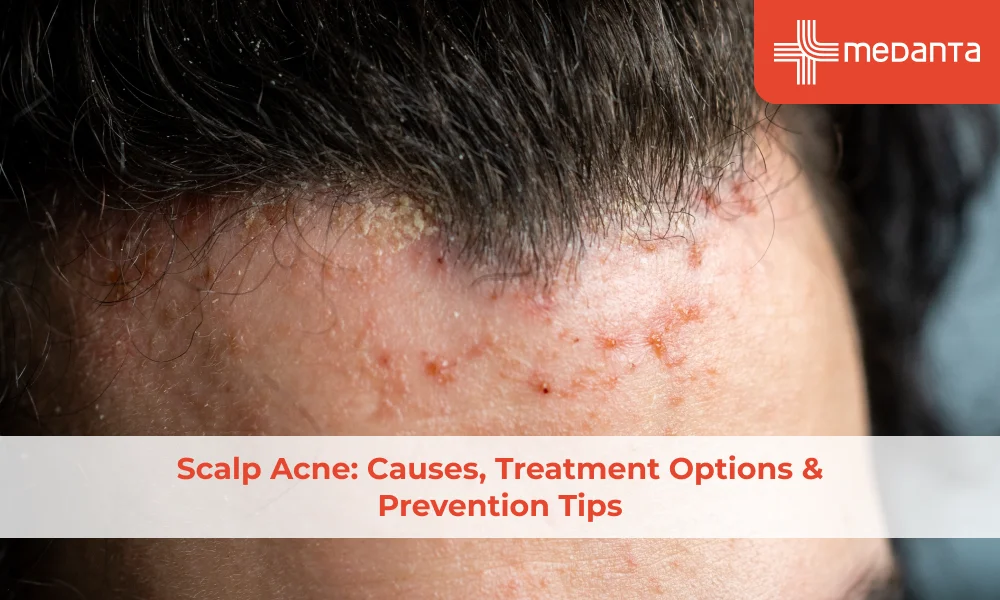How is Tongue Cancer Treated?
Mouth- or oral-cancer is a common form of head and neck cancer which can affect the tongue, inside of the cheeks, lips, gums, the palate or roof of the mouth.
Tongue cancer usually develops on the flat or squamous (scaly or fish-like) surface of the tongue. Tumours or lesions could appear either at the front two-thirds portion of the tongue, called the oral tongue, or at the back or base which is very close to the throat or pharynx, giving it the term, oropharyngeal cancer.
Tongue cancer is difficult to detect, as the symptoms associated with tongue cancer could also be a result of a less serious medical condition such as a nagging cold, flu, or vitamin deficiencies.
Some of these symptoms include:
- A persistent sore throat
- Mouth ulcers or sores on the tongue that don’t seem to heal
- Pain while swallowing food or water
- Red or white patches on the tongue
- A sore spot, lump or numbness on the tongue
- Ear infection (in rare cases)
- Bleeding from the tongue that is not due to biting accidentally or any other injury
As with any cancer, tongue cancer is treatable if detected early. Therefore, it is advisable to consult with your doctor if you have any of the above symptoms and they don’t go away even with appropriate self-care and medication. This is more critical if you happen to chew tobacco regularly, or are an excessive smoker of tobacco in any of the form of cigars, cigarettes, or pipes, or consume alcohol each day above the recommended limits.
You should also be concerned if someone in your family has suffered from the mouth- or oral cancers in the past, or if you may have contracted the human papillomavirus (HPV) infection.
How is Tongue Cancer Treated?
Treatment for tongue cancer depends on the phase that the disease has progressed to, the location of cancerous tissue on your tongue, and your prevailing health conditions.
Early-stage tongue cancer, for example, is usually contained within 4 cms and is located on the oral tongue, that is, the part of the tongue that you can stick out of your mouth.
Treatment for tongue cancer can involve:
- Surgery to remove the affected part: this can be done under a local anaesthetic or with laser surgery, and you will be discharged within a few hours.
- Removal of some of the lymph nodes on your neck
- Radiotherapy to the neck and the throat.
Advanced stage tongue cancer could mean that the lesion or cancerous tissue has grown over 4 cms, or spread to the base, and the back of the tongue.
Treatment for this stage could involve:
- Radiotherapy and chemotherapy together (chemoradiotherapy).
- Glossectomy, that is surgery to remove part or all of the tongue. This is a difficult operation, as the tongue may have to be reconstructed later using skin and tissue from other parts of the body.
- Chemotherapy to eliminate any cancerous cells that remain.
Surgery to the tongue could involve a difficult recovery period and cause serious side effects, such as temporary or permanent changes in your speech patterns, and tastes.
However, during this time it will be helpful to stay in touch with your doctors, as well as seek help from your family and friends.
Moreover, tongue cancer is a rare disease and this can be isolating for you as a patient. Check with your doctor if he or she could put you in touch with other, similar patients so that you can discuss your issues and form a support group for each other.
Oral Cancer Prevention
The risk factors for developing mouth or oral cancer can be minimised by early detection and diagnosis of the disease and making some significant lifestyle changes.
These include giving up on smoking, chewing of tobacco or drinking excessively, and vaccination against HPV infections. Apart from these, maintaining good dental hygiene, a healthy diet, and regular exercise can help prevent tongue cancer.






